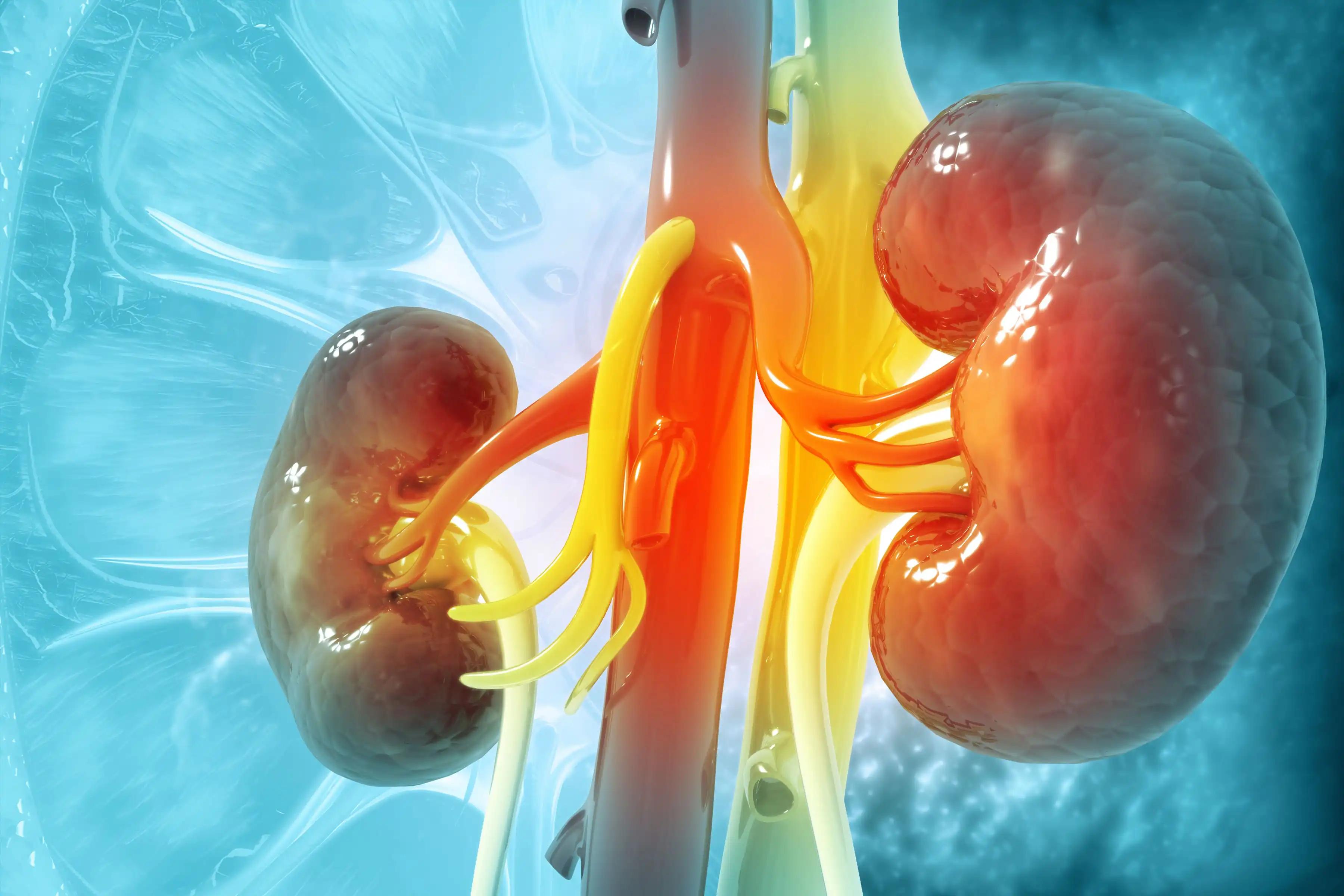KEY TAKEAWAYS
- In the CheckMate 9ER Phase 3 trial, patients with advanced renal cell carcinoma were treated with a combination of Nivolumab (IV) and Cabozantinib (Oral).
- Dose modification of Cobazantinib was allowed for managing Adverse Events.
- Exposure-response models were used to map the relationships of the drugs with the PFS and side effects such as palmar-plantar-erythrodysesthesia and diarrhea.
- The study supports dose modification strategies of Cabozantinib to optimize individual Cabozantinib exposure when combined with Novalumab.
The CheckMate 9ER Phase 3 trial evaluated the efficacy of the Nivolumab and Cabozantinib combination in treating previously untreated Advanced or Metastatic Renal Cell Carcinoma. The participants were grouped into two to compare the efficacy of the combination and that of Sunitinib as the first-line therapy.
240 mg of Nivolumab (a monoclonal antibody drug) was administered via IV once every 2 weeks in addition to the daily dose of 40mg of Cabozantinib (a tyrosine kinase inhibitor (TKI)). The Cabozanitib dosage was modified by way of holds and reductions to deal with any adverse events. The combination improved the Progression-Free Survival (PFS) among the patients. An updated population pharmacokinetics analysis was used to generate individual predicted cabozantinib exposure measures. Additionally, an exposure-response analysis was used to support Cabozantinib-Nivolumab dosing by characterizing the relationship of Cabozantinb exposure with clinical endpoints.
The study employed Kaplan–Meier plots and time-to-event Cox Proportional Hazard (CPH) exposure-response models to define the relationship between Cabozantinib exposure and PFS, dose modifications, and selected adverse events.
The Cabozantinib exposure quartiles mapped on Kaplan–Meier plots showed no clear differences in the PFS. Similarly, even in the CPH base model and the final model, the hazard of PFS remained unaffected by Cabozantinib exposure. However, baseline Albumin and Nivolumab clearance significantly affected the PFS.
While a significant relationship between Cabozantinib clearance and risk of dose modification did not show up during the study, the exposure-response analysis did identify a significant relationship between Cabozantinib exposure and Grade ≥ 1 palmar-plantar-erythrodysesthesia and Grade ≥ 3 diarrhea.
To enhance the effectiveness of cabozantinib treatment in patients with advanced renal cell carcinoma (RCC) who are also receiving nivolumab, the available data indicate that it is beneficial to adjust the dose of cabozantinib according to the strategies outlined in CheckMate 9ER.
Source:https://clinicaltrials.gov/ct2/show/NCT03141177
Clinical Trial: https://link.springer.com/article/10.1007/s00280-022-04500-9
Citation:Tran, B. D., Li, J., Ly, N., Faggioni, R., & Roskos, L. (2023). Cabozantinib exposure-response analysis for the phase 3 CheckMate 9ER trial of nivolumab plus cabozantinib versus sunitinib in first-line advanced renal cell carcinoma. Cancer chemotherapy and pharmacology, 10.1007/s00280-022-04500-9. Advance online publication. https://doi.org/10.1007/s00280-022-04500-9



